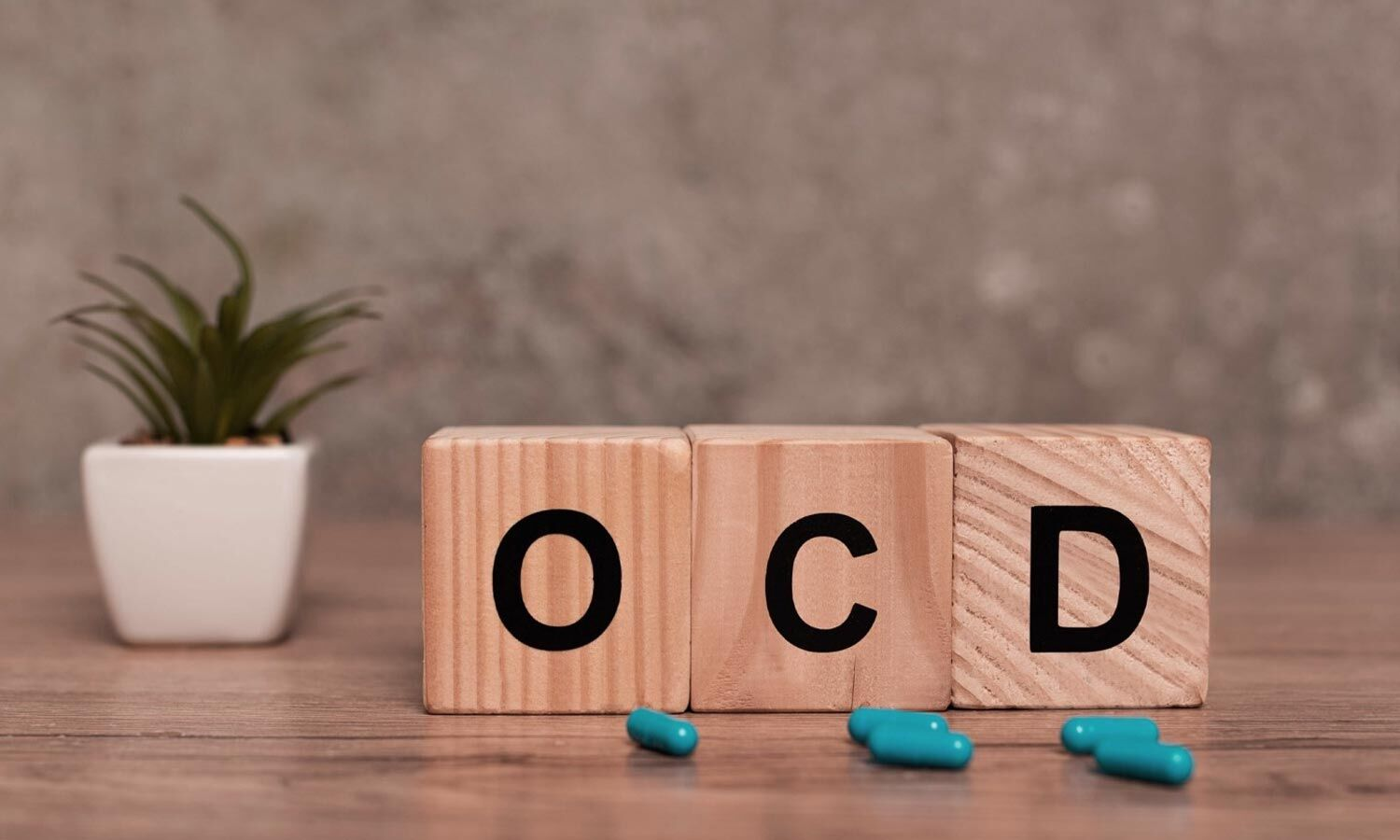Obsessive-Compulsive Disorder (OCD) is a well-known but often misunderstood mental health condition. Despite increased awareness in recent years, there remain numerous misconceptions about what it actually means to live with OCD. Many people think of OCD as a mere tendency toward neatness or perfectionism, but the reality is much more complex. This article will explore the myths and realities of OCD, providing a clearer understanding of the disorder, discussing its symptoms, and offering practical strategies for coping. Furthermore, we’ll touch on the importance of professional support through complex trauma treatment, mental health evaluations, and advanced psychology services.
Understanding OCD: A Deeper Dive
OCD is a chronic mental health disorder characterized by two primary symptoms: obsessions and compulsions.
- Obsessions are persistent, intrusive thoughts, images, or urges that cause significant distress. These are not just fleeting worries but intense, recurring thoughts that an individual often recognizes as irrational but cannot control.
- Compulsions are repetitive behaviours or mental actions that an individual feels driven to perform in response to an obsession. These compulsions are not enjoyable but rather serve as a temporary escape from the anxiety caused by obsessions.
While everyone may have fleeting thoughts about whether they locked the door or washed their hands, OCD involves such thoughts or behaviours consuming hours of a person’s day and causing intense distress.
Common Obsessions and Compulsions
Obsessions: Fear of contamination, fear of harming others or oneself, intrusive sexual or violent thoughts, needing things to be symmetrical or in perfect order.
Compulsions: Excessive cleaning, checking (like rechecking doors or appliances), counting, arranging objects in a specific way, seeking reassurance from others, or repeating certain words or prayers.

Myths vs. Reality: Clearing Up the Confusion
Myth 1: OCD is just about cleanliness or order.
Reality: OCD is not limited to concerns about cleanliness or orderliness. While some people with OCD may have obsessions and compulsions related to cleanliness (such as washing hands excessively), OCD can manifest in many other ways. Individuals may be plagued by unwanted and distressing thoughts about harming someone, religious guilt, or sexual obsessions. Some may compulsively check things, count, or engage in mental rituals. This misconception oversimplifies a condition that is highly individualized.
Myth 2: People with OCD are just “neat freaks.”
Reality: OCD is a serious mental health disorder, not just a preference for neatness or a quirky personality trait. While some individuals with OCD may appear organized or meticulous, their behaviors are driven by anxiety and distress, not by a love for order. It’s also important to note that not everyone with OCD is particularly neat or organized. Their compulsions may center around fears of harm, contamination, or moral “rightness” rather than cleanliness or symmetry.
Myth 3: OCD is rare.
Reality: OCD is more common than many people realize. It affects approximately 1-2% of the population, which means millions of people worldwide live with the disorder. OCD can begin at any age, but it most often starts in childhood or adolescence. Without treatment, it can significantly impact a person’s quality of life, affecting their relationships, work, and general well-being.
Myth 4: People with OCD can just “stop” their behaviors if they try hard enough.
Reality: Telling someone with OCD to simply “stop” their compulsions is akin to telling someone with depression to “cheer up.” OCD is a chronic condition that often requires a combination of therapy and, in some cases, medication to manage. The compulsions in OCD provide temporary relief from the anxiety caused by obsessive thoughts, and stopping these behaviors without proper treatment can increase distress. This is why professional help from a therapist, such as an anxiety and anger management therapist, can be crucial.

The Real Symptoms of OCD
OCD manifests differently in each individual, but there are several common symptoms and characteristics shared by many people with the disorder.
- Time-consuming rituals: People with OCD may spend hours each day performing compulsions. For example, they may spend excessive amounts of time checking locks, cleaning, or seeking reassurance from others.
- Impairment in daily functioning: OCD can interfere with daily activities, including work, school, and relationships. Individuals with OCD may avoid certain situations that trigger their obsessions, or they may become so consumed by their compulsions that they struggle to complete tasks.
- Recognizing the irrationality of their thoughts: Most people with OCD are aware that their obsessions are irrational or excessive, yet they feel powerless to stop them. This awareness can cause additional frustration and distress.
- Difficulty coping without treatment: While some people with OCD manage their symptoms on their own, most benefit from treatment. Cognitive Behavioral Therapy (CBT) and particularly Exposure and Response Prevention (ERP) are considered the gold standard in treating OCD.

Coping Strategies and Treatment for OCD
Although OCD is a chronic condition, there are effective treatments that can significantly improve symptoms and quality of life. Managing OCD requires both professional intervention and personal coping strategies.
1. Psychoanalytical Psychotherapy Treatment for OCD
Psychoanalytical psychotherapy is a therapeutic approach that focuses on exploring the unconscious mind to understand the underlying causes of OCD. This treatment delves into past experiences, unresolved conflicts, and repressed emotions that contribute to obsessive-compulsive behaviours. By working through these deep-rooted psychological issues with a trained therapist, individuals can gain insights into their thought patterns and emotional triggers. Over time, this approach helps individuals reduce the intensity of their symptoms and develop healthier coping mechanisms.
2. Medications
Selective Serotonin Reuptake Inhibitors (SSRIs) are commonly prescribed to individuals with OCD. These medications can help reduce the intensity of obsessions and compulsions, making it easier for individuals to engage in therapy. However, medication is often most effective when combined with therapy rather than used as a standalone treatment.

3. Mindfulness and Stress-Reduction Techniques
Mindfulness exercises and relaxation techniques such as meditation, deep breathing, or progressive muscle relaxation can help manage the anxiety associated with OCD. These practices help individuals stay grounded in the present moment and reduce the power of obsessive thoughts.
4. Professional Support
Seeking support from mental health professionals is essential for effectively managing OCD. A mental health evaluation can help diagnose OCD and any co-occurring conditions. Additionally, services like complex trauma treatment or psychological testing services can provide further insight into the individual’s mental health needs. An anxiety and anger management therapist can also offer strategies for managing emotions that often accompany OCD.
5. Support Groups and Counseling
Joining a support group can be a valuable resource for individuals with OCD. It allows them to connect with others who understand their struggles and offers a space for sharing coping strategies and encouragement. Professional psychological counseling can also provide ongoing support, helping individuals navigate the challenges of living with OCD and improve their overall mental health.
When to Seek Help
If you or a loved one is experiencing symptoms of OCD that interfere with daily life, it’s important to seek professional help. A mental health evaluation can provide an accurate diagnosis and guide treatment decisions. Mental health professionals who specialize in advanced psychology services can tailor treatment plans to address individual needs. Additionally, psychological testing services can help clarify the diagnosis, especially when multiple conditions are present.
Conclusion
OCD is a complex and often misunderstood disorder. By debunking common myths and offering a clearer understanding of the realities of OCD, we can reduce stigma and provide better support for those affected. With the right treatment, including therapies like CBT and ERP, as well as support from professionals offering complex trauma treatment and psychological counseling, individuals with OCD can lead fulfilling, productive lives. Recognizing the importance of mental health evaluation and seeking help when needed is key to managing OCD effectively. If you or someone you know is struggling with OCD, reach out to mental health professionals to explore your options for treatment and support.
While there is no cure for OCD, many people find significant relief from symptoms through therapy and medication. Managing OCD is about learning to live with it and reduce its impact on daily life.
Lorem ipsum dolor sit amet, consectetur adipiscing elit. Ut elit tellus, luctus nec ullamcorper mattis, pulvinar dapibus leo.
OCD is diagnosed through a mental health evaluation that includes interviews, behavioral observations, and possibly psychological testing services to rule out other conditions.
While trauma doesn’t directly cause OCD, there may be a link between traumatic experiences and the development or worsening of OCD symptoms. Complex trauma treatment may help in managing both conditions effectively.
